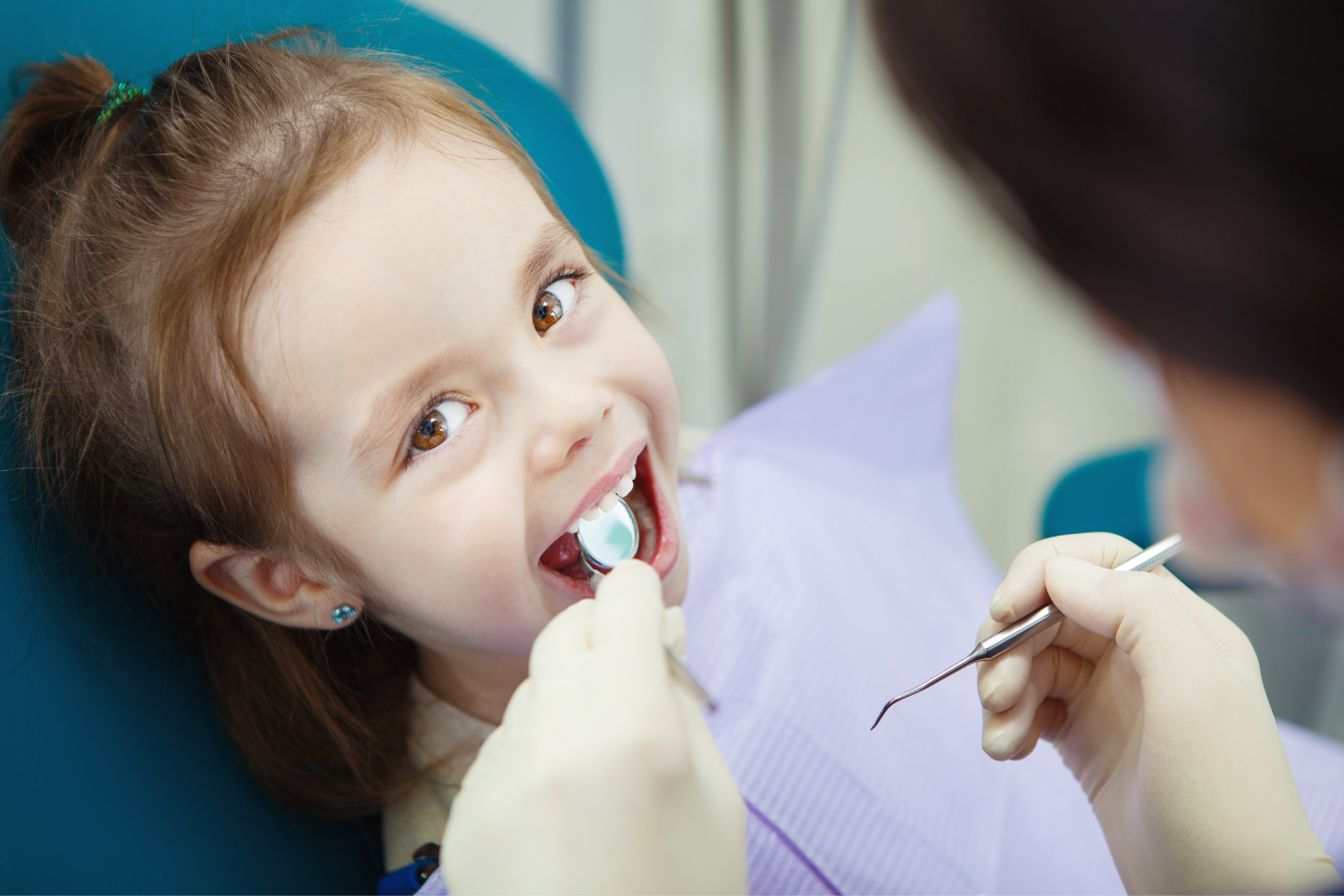Pedodontics
Pedodontics is a Latin word and consists of the combination of the words "pedo" meaning "child" and "donti" meaning "tooth" in Latin.
Pedodontics is a branch of dentistry that deals with babies and children from birth up to the age of 13. Since the tooth development of each child is different from each other, it will not be wrong to say the period from birth to adolescence. Therefore, the upper limit can be extended to the age of 14 or 15.
Preventive measures prevail in the department of pedodontics, also known as pediatric dentistry. The primary goal of the Pedodontics department is to take measures to prevent the occurrence of oral and dental health problems and to bring children to the future without tooth decay. The procedures applied for these goals are called preventive dentistry practices.
Pedodontics also deals with the follow-up and treatment of the development of the face-jaw area, as well as oral and dental health issues that include the protection of the milk and permanent teeth of babies and children. A specialist dentist working in a children's dental clinic is called a pedodontist.
In recent years, studies on the incidence of tooth decay have been found to be around 90% in the (2-6) age period and (7-12) age period. For this reason, it is of great importance to apply pediatric dentistry preventive methods in order to protect the general health and the most important of the future oral and dental health of the child.



